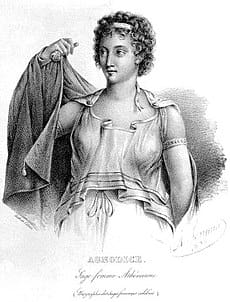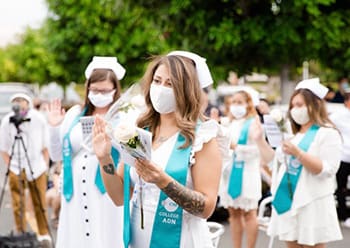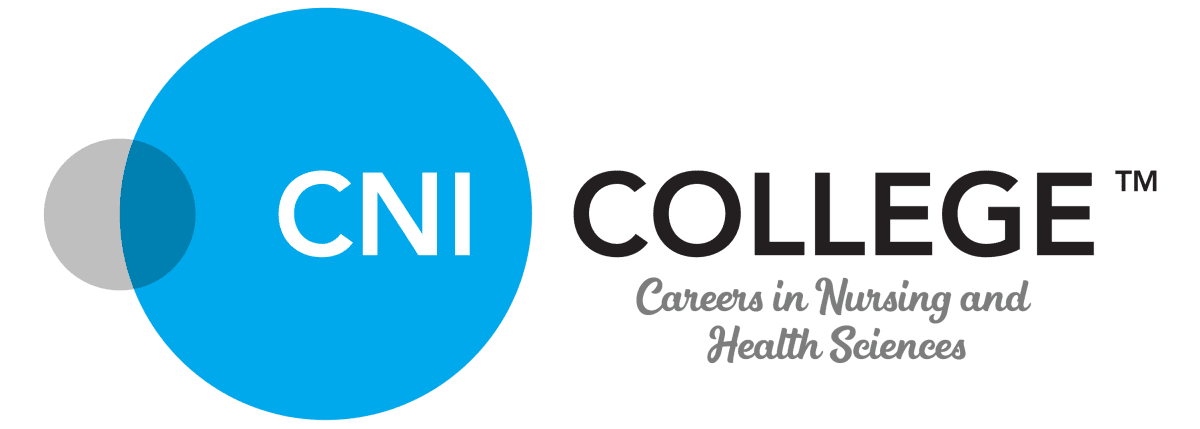Nursing is a noble profession that often goes unnoticed in the shadows of the healthcare industry. While we all recognize the vital role nurses play in caring for patients, there are some intriguing and fun facts about nurses and nursing that may surprise you. In this blog post, we’ll delve into the lesser-known aspects of the nursing world that reveal the dedication, diversity, and depth of this essential profession. From fascinating historical tidbits to some unexpected talents and skills, here are ten fun things you probably didn’t know about nurses or nursing.
1. Florence Nightingale wasn’t actually the first nurse in history.
When we think of the pioneers of nursing, Florence Nightingale often comes to mind. But did you know that the title of the first nurse in recorded history belongs to Agnodice, a woman in ancient Greece? In a time when women were not allowed to practice medicine, Agnodice disguised herself as a man to become a nurse and later a physician, breaking gender barriers long before Florence Nightingale.
Agnodice’s influence and contributions led to a change in the law. It is believed that, in response to her actions and the public support she garnered, Athens enacted a law allowing women to practice medicine and midwifery, specifically for female patients. This marked a significant turning point in the history of women’s participation in healthcare.

2. The majority of nurses in the United States have at least a bachelor’s degree.
Nurses are far from just caregivers; they are highly educated professionals. In the United States, the majority of registered nurses have at least a bachelor’s degree, and many hold master’s and doctoral degrees. Nursing education includes a rigorous curriculum that encompasses anatomy, physiology, pharmacology, and more, making nurses knowledgeable and well-prepared for their roles.
The trend toward nurses obtaining at least a bachelor’s degree can be attributed to a combination of factors that emphasize the importance of advanced education in the field. The healthcare landscape has become increasingly complex, demanding a higher level of expertise from nursing professionals. A bachelor’s degree in nursing provides a more comprehensive understanding of healthcare, which is essential in delivering quality patient care. Moreover, numerous studies have suggested a positive correlation between higher levels of nursing education and improved patient outcomes. This recognition of the benefits of a more educated nursing workforce has led to a push for increasing the number of baccalaureate-prepared nurses.
3. Nurses use a special jargon almost like a different language.
Nurses have a unique language and set of acronyms, commonly referred to as “nursing jargon.” Phrases like “STAT,” “PRN,” and “NPO” may sound like gibberish to the uninitiated, but they are crucial in communicating patient information efficiently and accurately. Here are some examples:
- STAT: This term is derived from the Latin word “statim,” which means “immediately.” In a medical context, “STAT” is used to convey that a medical order or action needs to be carried out as quickly as possible, often in emergency situations.
- PRN: PRN stands for “pro re nata,” which is Latin for “as needed.” In healthcare, “PRN” is used to describe medications or treatments that are administered to a patient when necessary or on a case-by-case basis, rather than on a fixed schedule.
- NPO: “NPO” is an abbreviation for the Latin phrase “nil per os,” which translates to “nothing by mouth.” When a patient is labeled as “NPO,” it means they are not allowed to eat or drink anything, typically in preparation for a medical procedure, surgery, or because of a medical condition.
- EMR: EMR stands for Electronic Medical Record. It refers to the digital system used to store and manage patient medical records, including medical history, diagnoses, treatments, and test results. EMRs have largely replaced paper records in healthcare, allowing for easier data access and sharing among healthcare providers.
- PRBC: PRBC stands for Packed Red Blood Cells. It refers to a blood component used in blood transfusions. PRBCs are concentrated red blood cells that have had most of the plasma and other blood components removed. Nurses may administer PRBC transfusions to patients with anemia, blood loss, or other conditions to improve their oxygen-carrying capacity.
4. The tradition of the nursing cap can be traced back to the early Christian deaconesses.

The iconic nursing cap, once a staple of the nursing uniform, holds historical significance. These caps evolved from the attire of Christian deaconesses who provided care to the sick. The cap was a symbol of purity and devotion, reflecting the virtuous nature of the nursing profession.
Over time, as nursing evolved into a formal profession, the nursing cap became an integral part of the nurse’s uniform. It signified the nurse’s commitment to caring for the sick and the importance of maintaining the highest ethical standards in the profession. The cap also served a practical purpose, keeping a nurse’s hair out of the way while caring for patients and maintaining a clean and professional appearance.
5. Equipped with skills like critical thinking, multitasking, and adaptability, nurses excel in high-stress healthcare environments.
Nurses are often referred to as real-life superheroes, and for good reason. They possess a unique combination of skills, including critical thinking, multitasking, and adaptability, which allows them to handle high-stress situations with grace and composure. They truly are the unsung heroes of the healthcare world.
6. Many nurses work in places outside of hospitals or doctor’s offices.
The nursing field offers a wide range of specialized roles, such as forensic nursing (nurses who work with law enforcement to help collect evidence and care for crime victims), flight nursing (nurses who ride along on flights, usually to transport patients to special care facilities, and provide care), and even cruise ship nursing (just what you think, nurses that work on cruise ship to take care of passengers). These unique positions allow nurses to explore diverse environments and make a significant impact in unexpected places.
7. Some nurses travel all over the world participating in international medical missions.
Nursing is a profession that transcends borders. Nurses often participate in international medical missions, offering care and support to underserved communities around the world. Their dedication to humanity knows no bounds.
8. The nursing pinning ceremony dates back to the 1850s.
Before graduating, nursing students participate in a special ceremony known as the pinning ceremony. This tradition dates back to Florence Nightingale, who was awarded the Red Cross of St. George by Queen Victoria. The Queen presented Nightingale with this prestigious honor in recognition of her outstanding service and contributions to nursing during the Crimean War, which was fought from October 1853 to February 1856.
Florence Nightingale’s dedication to patient care and her efforts to improve medical practices in military hospitals made her a symbol of compassion and innovation in the field of nursing. The Red Cross of St. George is a significant accolade that further solidified her legacy as a pioneer in modern nursing and healthcare.

9. Some nurses venture into entrepreneurship, starting businesses for themselves.
Nurses are not limited to traditional clinical roles; many pursue entrepreneurial ventures in healthcare. Some nurses have created innovative medical devices, opened private practices, or launched successful healthcare startups, contributing to the advancement of the healthcare industry.
10. Nursing is both an art and a science.
Beyond medical knowledge, nurses use their intuition and empathy to connect with patients on a deeper level. They provide not only physical care but emotional support, making a difference in the lives of those they serve.
Discovering the Heart of Nursing
Nurses are the unsung heroes of the healthcare world, and their profession is filled with fascinating facts and rich history. From the pioneering Agnodice to the specialized roles and unique traditions, nursing is a diverse and dynamic field that touches every corner of the globe. So, the next time you encounter a nurse, remember these ten fun facts and take a moment to appreciate the remarkable dedication and skills that they bring to their work every day.

